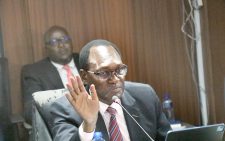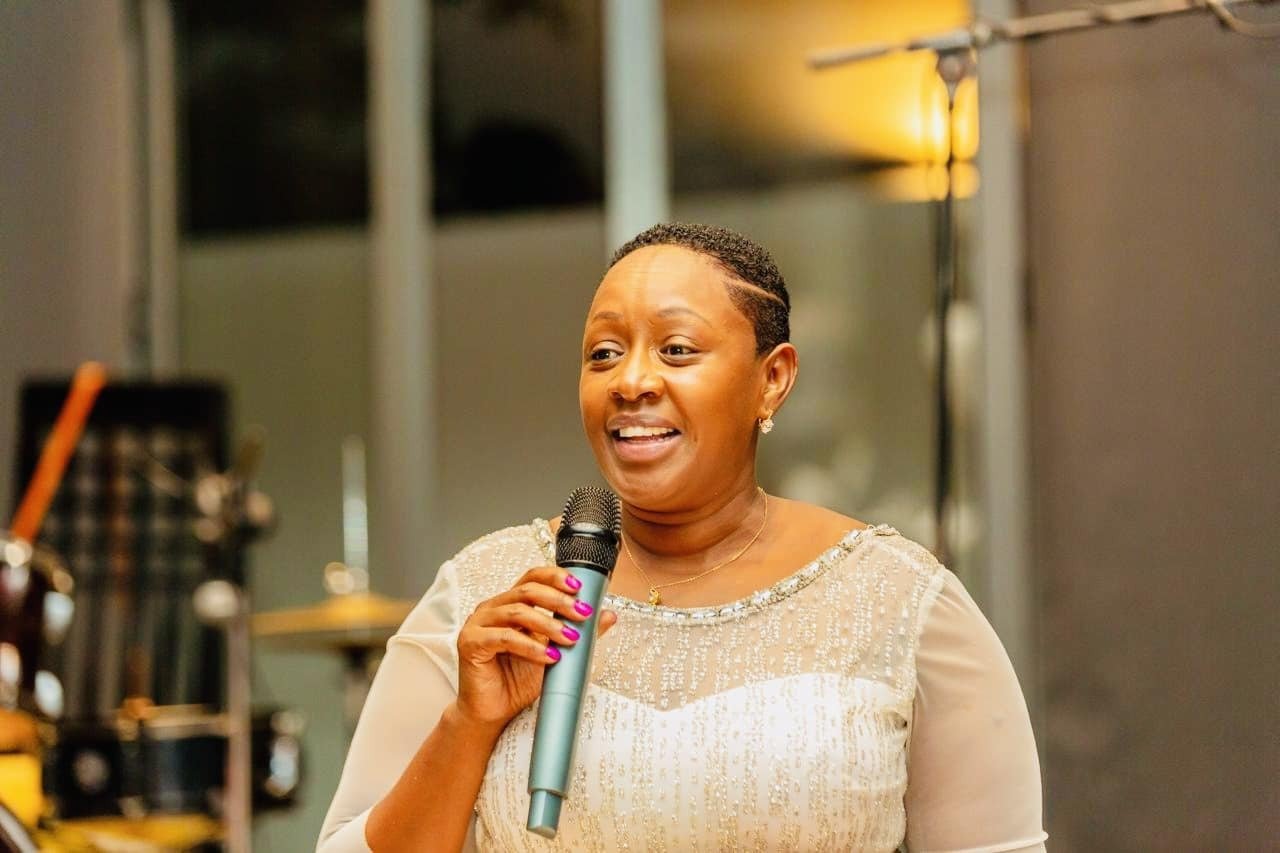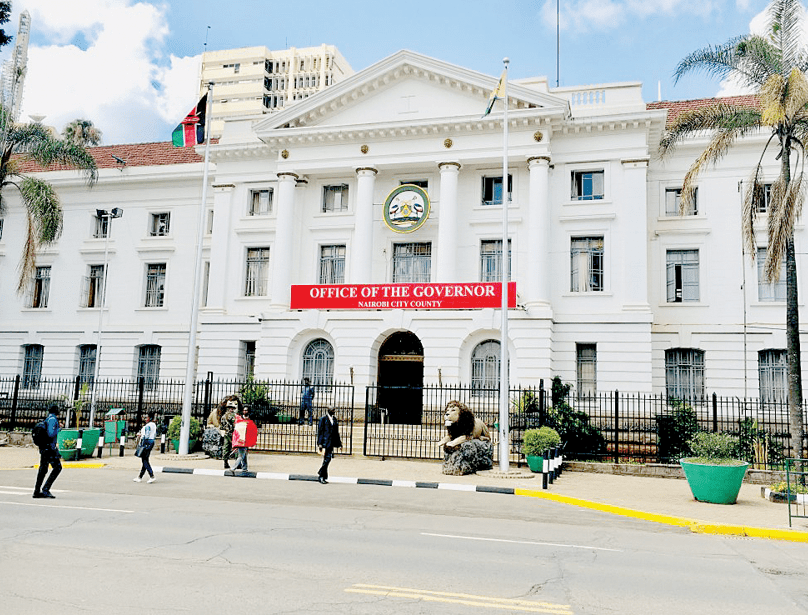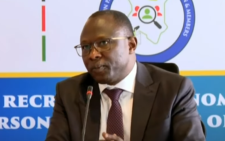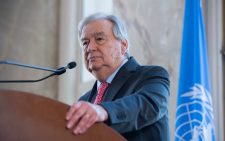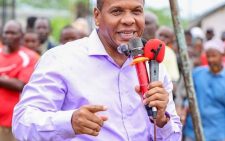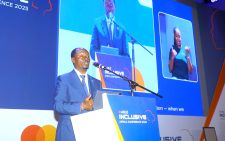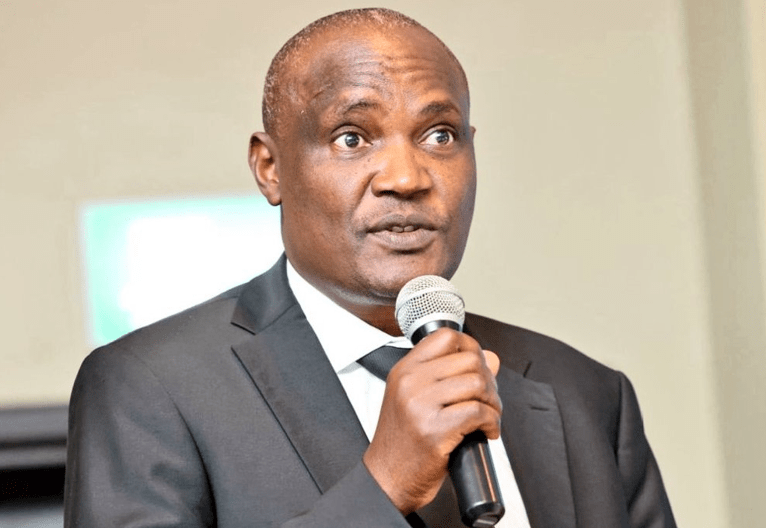Lessons not learned cause of Raila’s AUC loss

Kenya’s failure to clinch the African Union Commission (AUC) chairmanship for Raila Odinga is not an isolated misstep but a recurring theme in the nation’s approach to global contests. Time and again, from bids for the World Bank presidency to UNESCO leadership and now the AUC, Kenya’s political class has repeated the same errors – arrogance, wastefulness and a refusal to learn from past humiliations.
This latest loss should have been a moment of reckoning. Instead, it has exposed a system trapped in a cycle of self-sabotage and delusions of grandeur, where the lessons of history are drowned out by hubris and shortsightedness.
The shadow of alleged corruption loomed large over Raila’s bid, as it has over Kenya’s international engagements for years. While Nairobi touted his credentials, whispers of transactional diplomacy and backroom deals swirled in Addis Ababa.
Other African nations, all too familiar with Kenya’s domestic struggles with graft, viewed the campaign through a lens of scepticism. Even genuine efforts were tainted by association with a political culture perceived as transactional and self-serving.
This reputation, fair or not, has become a millstone around Kenya’s neck, undermining its credibility in spaces where trust and integrity are non-negotiable.
Compounding this was the spectacle of Kenya dispatching an entourage of dozens of politicians and officials to Addis Ababa, a move that reeked of extravagance and tone-deafness. At a time when ordinary Kenyans are grappling with austerity, the image of a bloated delegation that was more suited to a domestic political rally than a diplomatic mission sent a message of misplaced priorities.
While rival nations deployed lean, focused teams to quietly negotiate and build alliances, Kenya’s approach resembled a carnival of excess, alienating stakeholders already wary of its chaotic political theatrics. Such wastefulness not only squandered public resources but also projected a lack of seriousness, as if the AUC chairmanship were a trophy to be won through showmanship rather than substance.
Underpinning these missteps was a dangerous hubris. A belief that Kenya’s self-proclaimed diplomatic prowess and Raila’s regional stature would bulldoze through the competition. This delusion of inevitability blinded Nairobi to the meticulous, years-long strategy of Djibouti, which focused on building bridges with francophone states, Arab League members and smaller African nations through quiet, consistent diplomacy.
While Kenya relied on last-minute lobbying and political muscle, Djibouti invested in relationships, presenting its candidate as a humble consensus-builder rather than a political heavyweight. The contrast could not have been starker. One nation prioritised service and collaboration, the other perceived the role as a retirement prize for a veteran politician.
Djibouti’s success offers a blueprint Kenya would do well to study, if at all. Their candidate, Mahmoud Ali Youssouf, embodied the virtues Kenya neglected – humility, strategic patience, and a focus on continental unity over personal legacy. Djibouti’s government spent years honouring AU commitments, mediating regional disputes, and avoiding the polarising rhetoric that often characterises Kenya’s political engagements. They understood that leadership in multilateral spaces demands neutrality and trust, qualities eroded by Kenya’s combative, PR-driven approach.
Moving forward, Kenya must confront its systemic flaws. Endless cycles of manipulation and self-aggrandisement will only yield more defeats. The path to relevance lies in modesty and honesty, streamlining delegations to project professionalism, addressing corruption to restore credibility and investing in long-term diplomatic relationships rather than transactional gambits.
— The writer is a PhD student in International Relations
